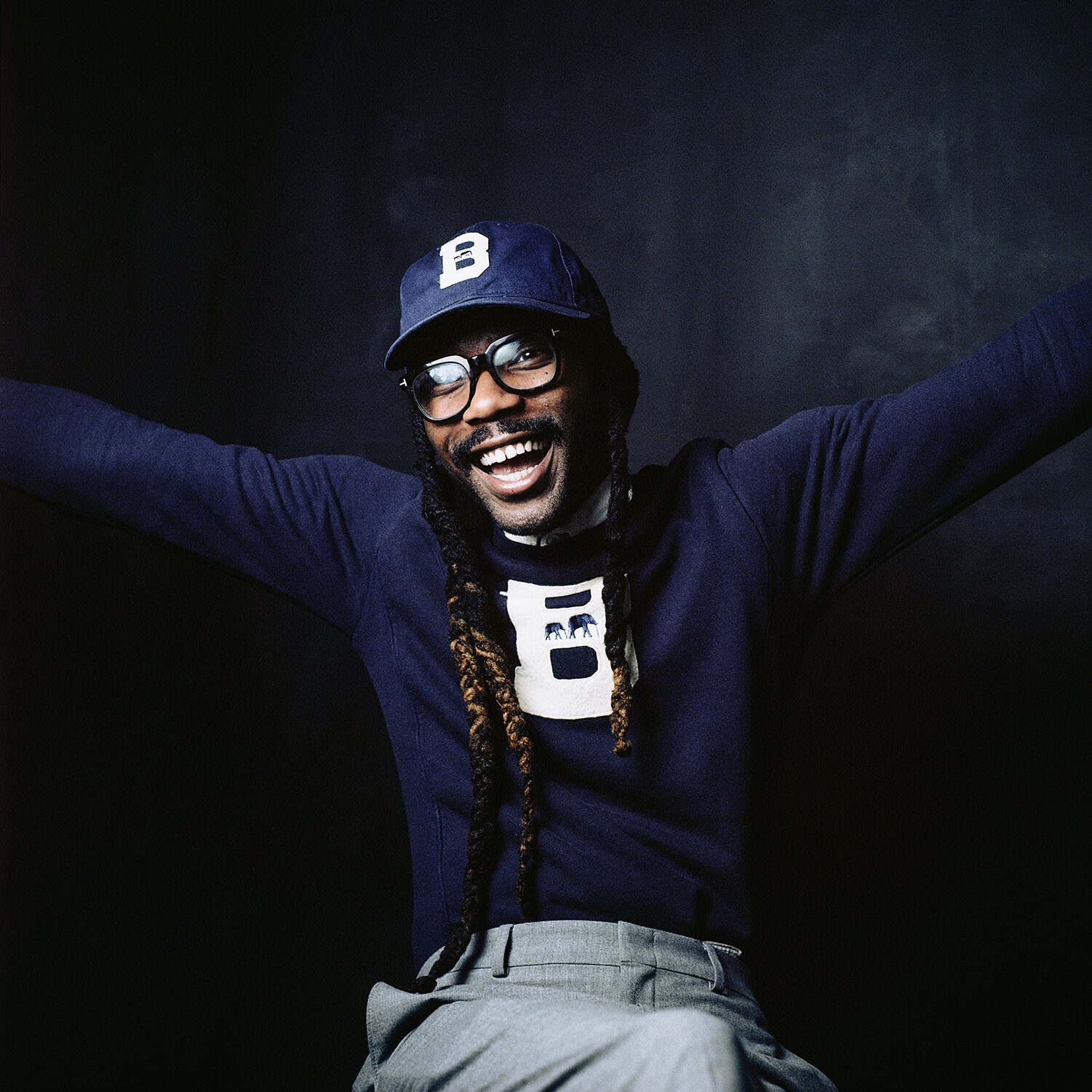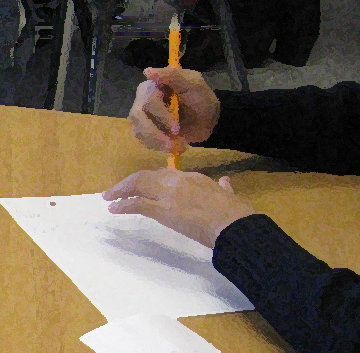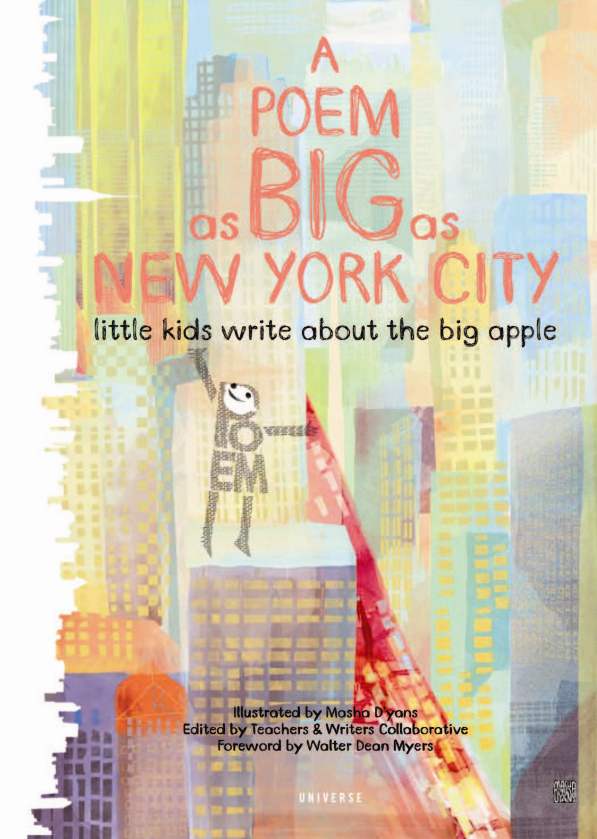While it is not the same as an in-person classroom, I saw the value of what the virtual teaching space offers. Students are able to attend Language Barriers in London at 1AM, and Belgium at 3AM, and Los Angeles, and Tennessee, etc. I think virtual teaching helps us build a language of accessibility.
Yahdon Israel is your favorite teacher’s favorite teacher. At 12 years old, Israel, a Brooklyn-based teacher and writer, knew he wanted to teach. In conversation, his voice has a palpable desire to engage curiosity, critical-thinking, and truth. Subsequently, when the world seemed to crack in half — wracked by the COVID-19 pandemic — I knew exactly who to ask, “Are we teaching in a new world?”
At the center of Israel’s radical pedagogical practice is the aim to create a language of accessibility. His intention to demystify education can be seen in his fashion, community, and literary projects. Israel is the brain behind #literaryswag, a cultural movement sparked by him posting pictures to Instagram of fashion-hypebeast reading in public. Soon after the hashtag, Israel’s Literaryswag BookClub was born. Israel has fused fashion and literature to make reading more accessible. His thumb is always on the pulse of culture in an effort to enhance his student’s learning experience.
On his IG TV, Israel has six lectures posted under a series called Language Barrier in which he outlines the importance of critically engaging with language, the role of pronouns in asserting power, and the political urgency of active-voice sentence structure. The Language Barrier Lecture Series, now hosted by Israel over Zoom, is a wonderful display of him at his best — teaching writing to students in need of critical engagement with their written word.
With the 2020-2021 school year underway, many teachers have had to turn to non-traditional teaching methods to combat the challenges of virtual learning and distance education. Some of us have wondered: are we teaching in a new world? Yahdon Israel assists us in re-orienting ourselves in our teaching spaces, whether in-person or virtual.
Matthew Thompson: Did you grow up around educators? What models encouraged your dream of teaching?
Yahdon Israel: I grew up around a lot of informal educators — people who modeled learning through daily action. They did not approach education with a pedagogical framework. I did not grow up with models in that regard.
MT: Were your informal educators your favorite teachers?
YI: My parents were my informal educators. They modeled an approach of how to critically engage. They were not educators in the sense that they did not have the patience that an educator needs. I remember my father had me spell out the word education. I spelled it e-d-u-c-a-s-h-u-n. My father kept getting angry because he was telling me to sound it out. I was looking at him confused because I was sounding it out!
He was frustrated with the fact that he didn’t realize [sounding out words] is not intuitive. He also did not have the skill set to approach teaching with compassion. My most impactful teacher, as far as how he approached teaching, was my highschool AP English teacher Longwell Stevens. His class was the first one where I didn’t care about the grade. I really just cared about what I learned.
MT: What learning space politicized you?
YI: My house! That’s where I got to give the credit. Growing up I couldn’t just engage with things and say I like that. The question “Why do you like that?” would follow from my parents. I would watch Disney movies and my mother would turn the movie off because it was racist. Then she and my father would break down what I was watching. In order to be able to enjoy something growing up I had to be able to talk about it in a way that was intelligent.
My parents would ask “Why do you enjoy it?” So I had to think often about my joy and my disdain. I grew up in a household where anything I engaged with I had to do it actively. So what I find entertaining is being able to engage with something not just encounter it. When I’m watching television I engage with questions: Why does this show exist? Why is this show popular? What are the messages this show is sending? What do those messages have to do with me?
MT: I can see how that carried over. In your Language Barrier lecture on The Emancipation Proclamation you were very candid about centering active engagement with literature. When did you get the idea for the Language Barrier lecture series?
YI: I developed the idea for the lecture series around May 2020. Planning started around the time those Louisville police officers killed Breonna Taylor, shortly after Gregrory McMichael, Travis McMichael, and William Bryan killed Ahmaud Arbery. As I was watching Black people have conversations on the internet with white people, and each other, I noticed the call-to-action was really for white people. I realized the people beckoning to create change do not really know who they are talking to. I say that because they’re spending all this time engaging with people, who do not seem to care about what they care about. And yet, they are spending a lot of time talking to those people.
For me, the transition has been a process of accepting that virtual teaching does not undermine the work. There is the same rigor as a physical classroom.
I saw people sharing articles that they weren’t sourcing, and people arguing about articles that they weren’t reading. All that was just whack. If I am going to provide any resources I would rather talk to the people who care to learn. I have done that work of trying to talk to people who have no care, and actually don’t come from the same world that I’m in. So I would spend half the conversation validating my existence, and the other half trying to teach them about it. I would wonder “How does this benefit anything that I am doing?” Because it’s not like that person cares, and this energy can be better spent if I apply it to people who want to learn. All that encouraged me to start the Language Barrier lecture series. I know how to teach. I know about grammar, language, and the power behind them. So I just informally did some lectures on Instagram. The first lecture I did was about passive voice with Eula Biss. I took it from there.
MT: Did you come into the Language Barrier lecture series with a specific intention? Has that intention shifted since you moved the class from Instagram to Zoom?
YI: The intent when I first started it was just to get people to take their language seriously. People take language for granted, like air. Just because you breathe everyday doesn’t mean the air isn’t polluted. People use their phones everyday and encounter language everyday and type words so they’re like “I’m good. I know how to use [language].” I’m watching and saying to myself “Nah, you don’t.” Instead of being someone who hops on the internet to mock others by saying “This is what’s wrong with people. People don’t know how to use language,” I want to provide people an opportunity to learn about what they don’t even know they don’t know.
MT: During The Power and Purpose of Pronouns lectures you mention your educational politics. Which is a term I had never heard or considered. You got me wondering, is teaching inherently political? Also do you think a classroom space can be apolitical?
YI: No, there is no such thing as an apolitical classroom. Politics is all about power. There is always power at play informing interactions. So when you enter an educational space without knowing that the space is political, then you don’t know the stakes of that space. I believe that in order for a student to learn and really understand the urgency the teacher is attempting to convey, they have to know that the stakes of the classroom space are high. If the stakes aren’t high, and teaching is executed in a theoretical framework, we see students thinking “Why does it matter if my sentence is passive or active? It’s just a sentence.” So once we get to a moment of saying a space is apolitical, we are also saying that space has no power.
MT: So how are you positioning yourself right now as a teacher who has to manage and navigate the current political climate and the power structures we operate out of?
YI: For one, getting out of the university system. The only university class I am teaching is going to be at City College. I am teaching it because I galvanized to teach a course on editing. Otherwise, I am not working for any universities or institutions anymore. Those institutions are not invested in the liberation of the people that attend them. Institutions are designed to preserve their own structure and design. So particularly, when The New School — and I’m an alum of The New School — sends an email out and it says “We are all in this together,” and we’re coming back to school online, but they also are not dropping tuition, I refuse to teach at that school. Because, from a business standpoint, how are you charging people the same amount of money for a completely different service? I am pretty sure The New School had overhead; no one planned for this pandemic, but I don’t have to support that mission. When I developed Language Barriers I wanted to make them accessible.
MT: The Language Barrier lecture series is the first virtual teaching space that I have sat in on. I really enjoyed your ability to connect with us and create a space for us to exchange ideas, thoughts, and questions. How is the transition into virtual teaching going for you?
YI: By the time I started teaching Language Barrier I had already taught online with Sackett Street. While it is not the same as an in-person classroom, I saw the value of what the virtual teaching space offers. Students are able to attend Language Barriers in London at 1AM, and Belgium at 3AM, and Los Angeles, and Tennessee, etc. I think virtual teaching helps us build a language of accessibility. Virtual teaching allows people to access lessons that they would not otherwise have access to by means of where they are geographically. For me, the transition has been a process of accepting that virtual teaching does not undermine the work. There is the same rigor as a physical classroom.
MT: Do you have tips for other teachers who will be teaching virtually this school year?
YI: Take time to learn the technology. Spending more time learning to use it rather than lamenting that we have to use it is essential. Teachers believe we should get trained and that is absolutely true. However, I think if teaching is something that you are passionate about, then ensuring your class isn’t undermined by needing 15 minutes to figure out the poll feature is critical. Make time to learn these tools because this is where teaching is right now. And I know for a lot of us the resources aren’t available for a smooth transition. So be compassionate to yourself and admit the flaws of virtual teaching to the students.
It is important to build a level of transparency, so students know their teacher is learning the technology along with them. This helps so we do not replicate those models of the teacher having all the power and the students are disempowered. I think that dynamic creates a hostile environment. Then teachers are afraid to make mistakes because in that framework the teacher has to model that they know everything. All that does is create a stressful environment. When we create an environment of admitting we do not know things students follow suit. That is where education begins. Education begins when someone does not have an answer for something then they have to ask more questions. Everything before that is instruction. Everything after the moment a person realizes they have more questions is education.
Matthew MATTMATT RADIO Thompson is a Black American poet, comedian & filmmaker from Cleveland, Ohio. Thompson is an alum of The New School’s MFA writing program. He also is a Lambda Literary, Cave Canem, and Winter Tangerine Review fellow. Thompson has work published in The Seventh Wave Magazine, Racebaitr, Bomb Magazine, Juked Poetry, and elsewhere. He has performed and shown his filmwork across the U.S. and internationally including: Melrose Ballroom, Pratt Institute, and Godsbanen Museum. Stay tapped in @mattmattradio.



